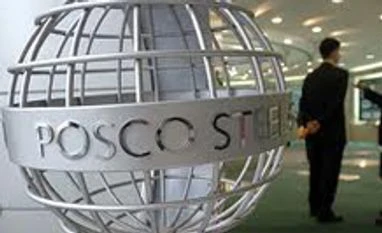During his recent visit to Korea earlier this month, Prime Minister Narendra Modi had a closed-door meeting with Posco CEO Kwon Oh-Joon. According to the ministry of external affairs (MEA) officials, the Odisha project was not even raised by its chief. Sources said it was a clear signal by the company that it is planning to exit the project.
Although the state government is ready to extend all help possible to ensure that the project sees light of the day, the Centre has played killjoy. The state government has even gone to the extent of assuring long-term supply linkage with the Odisha Mining Corporation (OMC). But the Centre is insistent that as per the new Act, it cannot give concessional rights to the Korean firm.
Pujari also said since the company does not have a mining lease but only a prospecting licence, it will not be eligible for a preferential allotment of the mines.
An MEA official, however, played down the issue. “Posco’s Odisha project is not an issue with Korea any more. The Posco board will decide whether they bid for the mining rights as per the new law on their own or with another company. Environmental and land issues are over. So, the matter was not raised,” said the official, who refused to be named.
In 2005, the state government was able to lure the firm into investing there, as it was promised the crucial iron ore linkage for the project, which has now been watered down by the Modi government, as the company does not possess a mining lease. According to the original memorandum of understanding that was signed between Posco and the Odisha state government, the plan was to set up 12 mtpa steel plant, which it had to later scale down due to land and environmental issues that are now over.
The matter has also assumed political overtones with the Bharatiya Janata Party pointing fingers at the intent of Odisha Chief Minister Naveen Patnaik-led Biju Janata Dal in kick-starting the project.
)